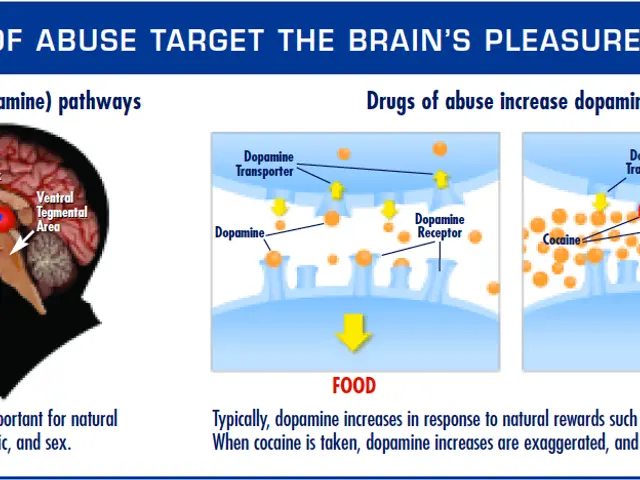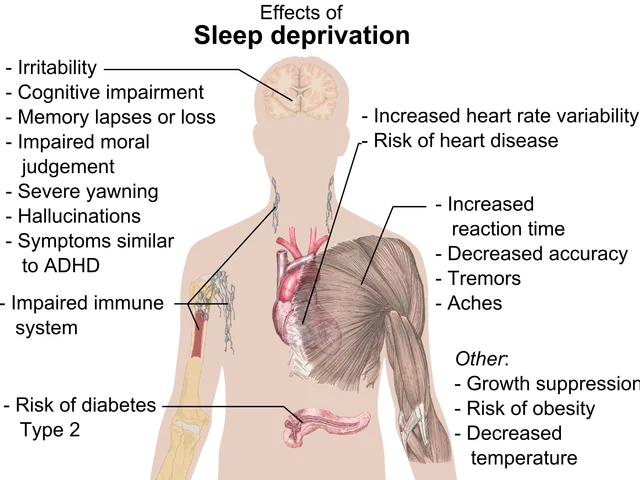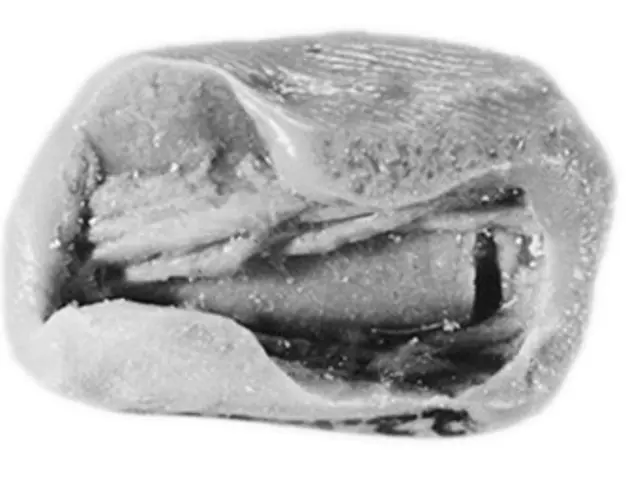Psychedelic Therapy with DMT: Investigating the Possible Role in Alleviating Depression Symptoms
In recent years, the world of mental health treatment has experienced a surge of interest in psychedelic substances, with DMT (N,N-Dimethyltryptamine) standing out as a popular candidate for treating various mental health issues, particularly depression. Known as the "spirit molecule," DMT has sparked intrigue among researchers and practitioners for its unique properties and potential to revolutionize mental health care.
DMT: The Spirit Molecule
DMT is a naturally occurring psychedelic compound found in various plants, animals, and even humans. Its chemical makeup shares similarities with serotonin, a neurotransmitter linked to mood regulation. DMT has long been used in traditional indigenous practices, most notably in the Amazon basin, where it is a key component of ayahuasca, a potent brew known for its profound psychoactive properties.
When smoked or injected, DMT causes intense and brief effects, with users often reporting vivid hallucinations, altered perceptions of time and space, and profound spiritual or mystical experiences. Due to its natural occurrence and historical use, DMT is classified as a Schedule I controlled substance in many countries, but its potential therapeutic benefits for mental health conditions, particularly depression, are becoming increasingly recognized.
DMT and Depression: Current Research
Research into DMT's anti-depressant properties is still in its infancy, but initial findings paint a positive picture. DMT interacts with a broad range of neurotransmitter systems, which may contribute to its rapid and powerful effects on mood and cognition. A study published in Nature discovered that DMT promotes neuroplasticity, a process essential for the formation of new neural connections, believed to be crucial in treating depression and other mental health disorders.
In contrast to traditional antidepressants, which often take weeks to show effects and may come with significant side effects, DMT's impact appears to be immediate and potentially longer-lasting. Some researchers even suggest that a single DMT experience, when properly integrated, could lead to sustained improvements in depressive symptoms.
While large-scale clinical trials are still lacking, case studies and anecdotal evidence indicate that DMT-assisted therapy can lead to significant reductions in depressive symptoms. Many individuals report experiencing profound insights and emotional breakthroughs during DMT sessions, which can contribute to long-term psychological healing.
DMT for Depression: Therapeutic Approaches
The therapeutic use of DMT for depression is still in development, but several approaches are being explored. One method involves DMT-assisted psychotherapy, where the psychedelic experience is integrated into a structured therapeutic protocol. Preparatory sessions, the DMT experience itself, and follow-up integration sessions help patients process and apply insights gained during their experiences.
Another approach being investigated is microdosing, which involves taking sub-perceptual doses of DMT regularly to harness its neuroplasticity-promoting effects without inducing full psychedelic experiences. While research on DMT microdosing is limited, some individuals report improvements in mood, creativity, and overall well-being.
Integration practices are crucial in DMT therapy. Journaling, meditation, art therapy, or additional psychotherapy sessions can help patients make sense of their experiences and apply insights to their daily lives. Proper integration is thought to be essential for maximizing the therapeutic benefits of DMT experiences.
The Future of DMT Therapy
The future of DMT therapy for depression looks hopeful, with multiple ongoing clinical trials and research initiatives underway to establish its safety and efficacy. While there are significant regulatory challenges, advocacy groups and researchers are pushing for policy changes that would facilitate further study and potential medical use of DMT and other psychedelics.
One exciting area of research is combining DMT with other treatment modalities, such as cognitive-behavioral therapy (CBT) or dialectical behavior therapy (DBT). By staying informed and engaged, individuals can stay updated on developments in psychedelic therapy and potentially benefit from these groundbreaking treatments as they become available.
Patient Experiences and Testimonials
While scientific research on DMT therapy for depression is still in its infancy, many individuals have reported profound and transformative experiences. Common themes in DMT-induced insights include a sense of interconnectedness with the universe, confrontations with personal fears or traumas, and a renewed sense of purpose or meaning in life.
The long-term impact of DMT therapy on quality of life varies among individuals. While some report sustained improvements in depressive symptoms and overall well-being, others may require ongoing support or additional sessions to maintain benefits. More research is needed to understand the factors that contribute to long-term positive outcomes.
Conclusion
DMT therapy represents a promising new approach in the treatment of depression and other mental health conditions. Its unique neurobiological effects, coupled with its capacity to induce profound psychological insights, offer hope for individuals who have not found relief through traditional treatments.
As research progresses and regulatory barriers are overcome, DMT may become an essential tool in our battle against depression and other mental health afflictions. By staying informed, individuals can make educated decisions about their mental health care options and possibly benefit from these innovative treatments as they become available.
For more information on DMT, to learn about other psychedelic therapies, or to stay informed on developments in psychedelic medicine, be sure to follow reputable sources and ongoing clinical trials. The field of psychedelic medicine is rapidly evolving, and new insights are emerging regularly.
- Studies have discovered that DMT, the "spirit molecule," promotes neuroplasticity, a process critical for forming new neural connections, which could be beneficial in treating depression and other mental health disorders.
- In contrast to traditional antidepressants, DMT's impact appears to be immediate and potentially longer-lasting, with some researchers suggesting that a single DMT experience could lead to sustained improvements in depressive symptoms.
- DMT-assisted psychotherapy is a therapeutic approach being explored, where a structured protocol involving preparatory sessions, the DMT experience, and follow-up integration sessions helps patients process and apply insights gained during their experiences.
- As research progresses and regulatory barriers are overcome, DMT may become an essential tool in our ongoing battle against depression and other mental health afflictions, offering hope for individuals who have not found relief through traditional treatments.







